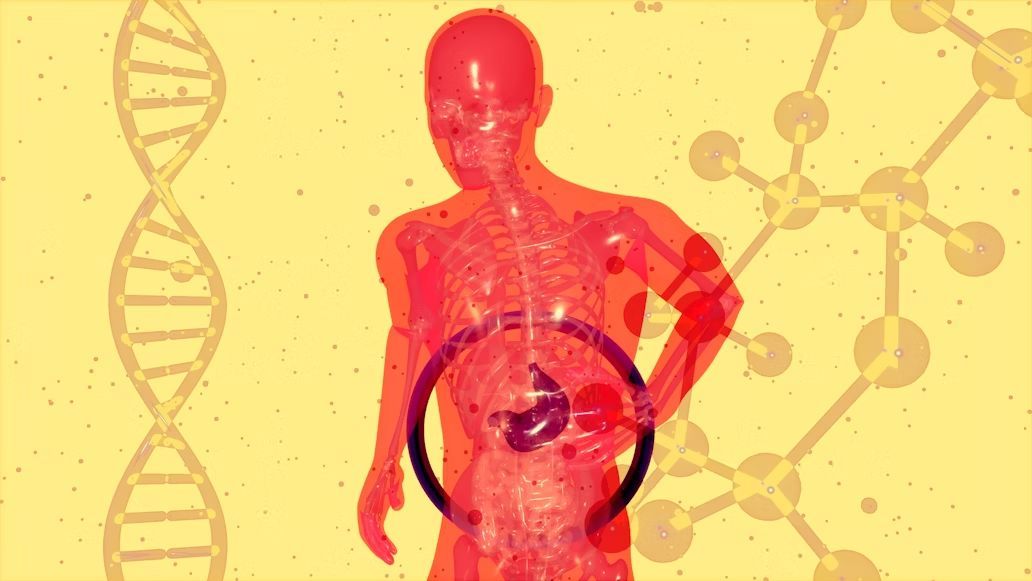Read this, STAT!
What do doctors mean when they say "doughnuts"? You'll be surprised!
Published on August 19, 2025
 Credit: National Cancer Institute
Credit: National Cancer Institute
You don’t need a stethoscope to enjoy this one. Medicine isn’t always all needles and charts; it can have a sense of humor from time to time. Doctors and nurses use some wild expressions that might sound like something out of a sitcom. Here’s a lighthearted look at 16 real phrases from the medical world that are as funny as they are fascinating. Let’s take a peek behind the curtain at what health pros are really saying.
Vitamin IQ deficiency
 Credit: Nik Shuliahin 💛💙
Credit: Nik Shuliahin 💛💙
This one’s not found in a textbook. Can you imagine what it refers to? Some doctors jokingly toss it around when a patient consistently ignores advice. No, it’s not a real condition, but it’s a witty way to say someone might not be making the wisest health choices. Just hope you’re never the focus of it!
Flu in the knee
 Credit: Anna Auza
Credit: Anna Auza
When someone complains their knee flares up every time it rains, doctors might call it "flu in the knee." It’s an informal way of referring to osteoarthritis, a condition where joints feel swollen, stiff, or achy, often affected by the weather.
Bug juice
 Credit: Roberto Sorin
Credit: Roberto Sorin
When doctors say "bug juice," they’re not talking about any special drink. It’s a playful nickname for antibiotics, the medicine that fights bacterial infections. Think of it like pest control for your body; it chases off the microscopic troublemakers.
Crispy critter
 Credit: Jakub Nawrot
Credit: Jakub Nawrot
This grim phrase refers to someone with severe burns. It’s dark humor, often used by emergency responders or burn unit teams. While it’s not said in front of patients, it reflects the emotional armor healthcare workers sometimes need to face a challenging day at work.
CBT
 Credit: Vyshnavi Bisani
Credit: Vyshnavi Bisani
Usually, CBT stands for Cognitive Behavioral Therapy. But in healthcare banter, you might hear someone joke about Chronic Biscuit Toxicity: Just a humorous nod to carrying a few extra pounds. It’s not meant to offend, just to bring some levity into a pretty tough profession.
Blamestorming
 Credit: Accuray
Credit: Accuray
Healthcare teams sometimes gather to dissect what went wrong in a tough situation. When that meeting turns into finger-pointing, it becomes a "blamestorm." It's a real workplace phenomenon, you just don’t want to be there!
Yellow submarine
 Credit: julien Tromeur
Credit: julien Tromeur
In medicine, a "yellow submarine" doesn’t play Beatles tunes. It actually refers to a patient with jaundice. This condition turns the skin and eyes yellow due to liver issues. It’s serious, but the nickname helps lighten the mood.
Cut and paste
 Credit: JAFAR AHMED
Credit: JAFAR AHMED
Nope, not the one in your computer. In surgical slang, this phrase refers to operations that start but can’t be completed, when they have to close things up and send the patient for a second opinion. It’s medicine’s version of "well, we tried." How crazy is that?
Snot docs
 Credit: Robina Weermeijer
Credit: Robina Weermeijer
Pulmonologists—doctors who specialize in lungs and breathing—sometimes get called "snot docs." It’s a playful jab at their constant battles with mucus, coughs, and all things respiratory. Gross? Maybe. Necessary? Definitely!
Doughnut
 Credit: Accuray
Credit: Accuray
A doughnut in medical slang isn’t a treat (they wish!) It’s a CT scanner. The machine’s big, round shape gives it the nickname. Patients lie down and slide through the "hole" to get detailed body images. Sprinkles are not included, though, sorry!
White cloud
 Credit: Patty Brito
Credit: Patty Brito
In hospital lingo, a "white cloud" is someone who seems to bring good luck—calm shifts, easy cases, and no major emergencies. If you’re a white cloud, your coworkers might wish you’d come to work every day.
Noctor
 Credit: Luis Melendez
Credit: Luis Melendez
This one’s a little spicy. A "noctor" is a nurse who’s acting like a doctor—giving advice or making calls beyond their role. It's usually said behind the scenes, and while it’s not the nicest nickname, it reflects the tension that can sometimes bubble up in high-stress settings.










